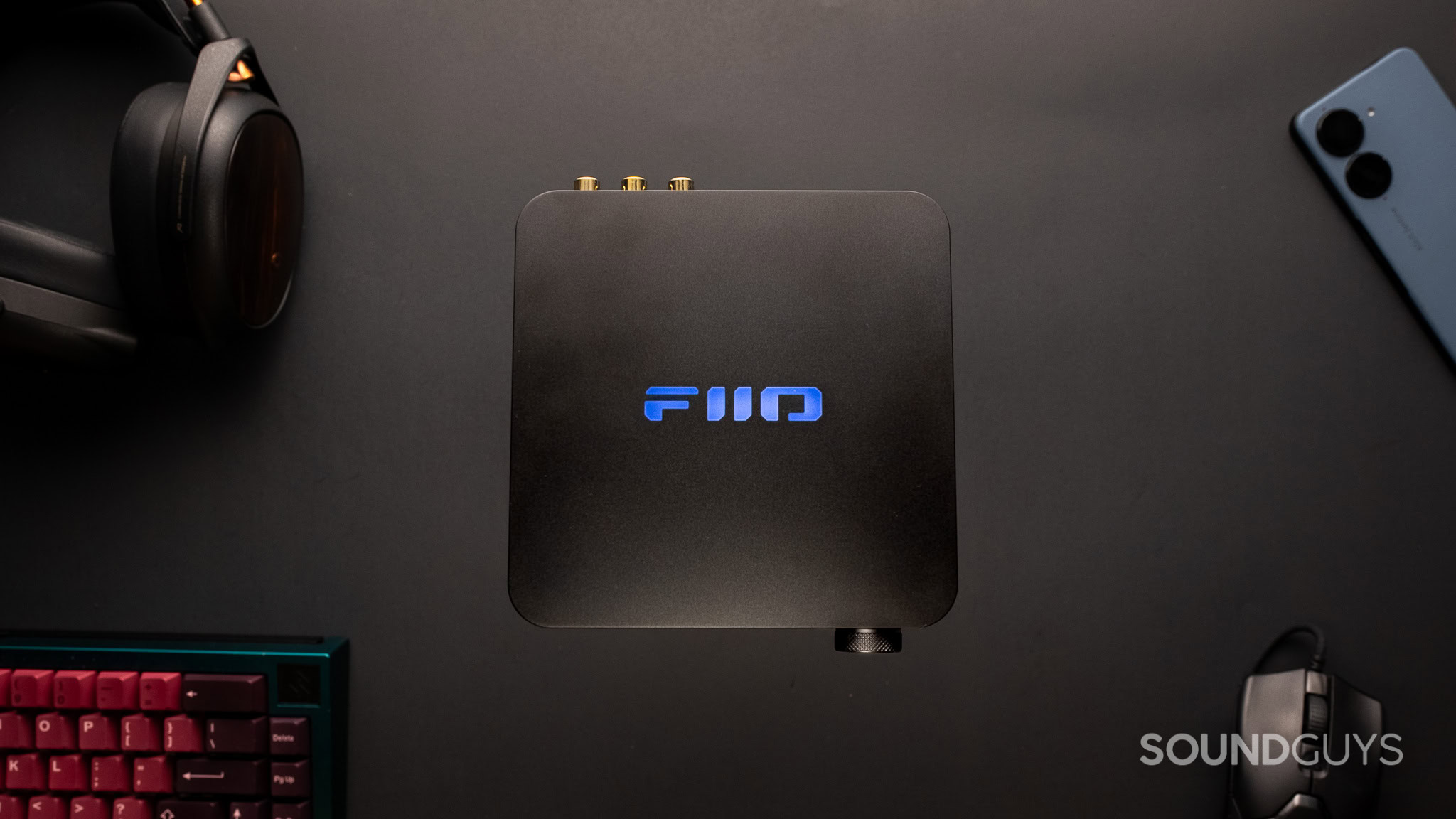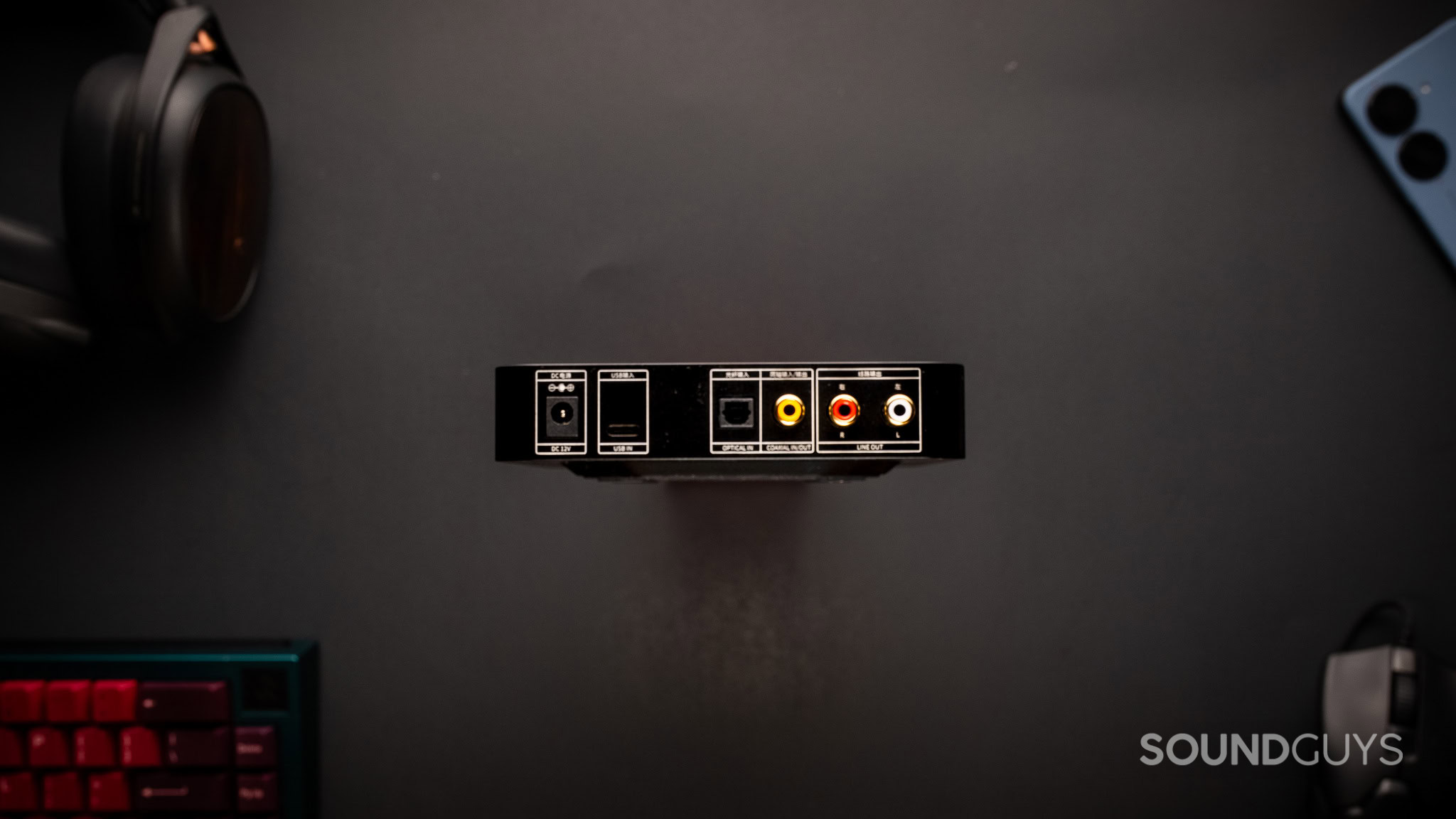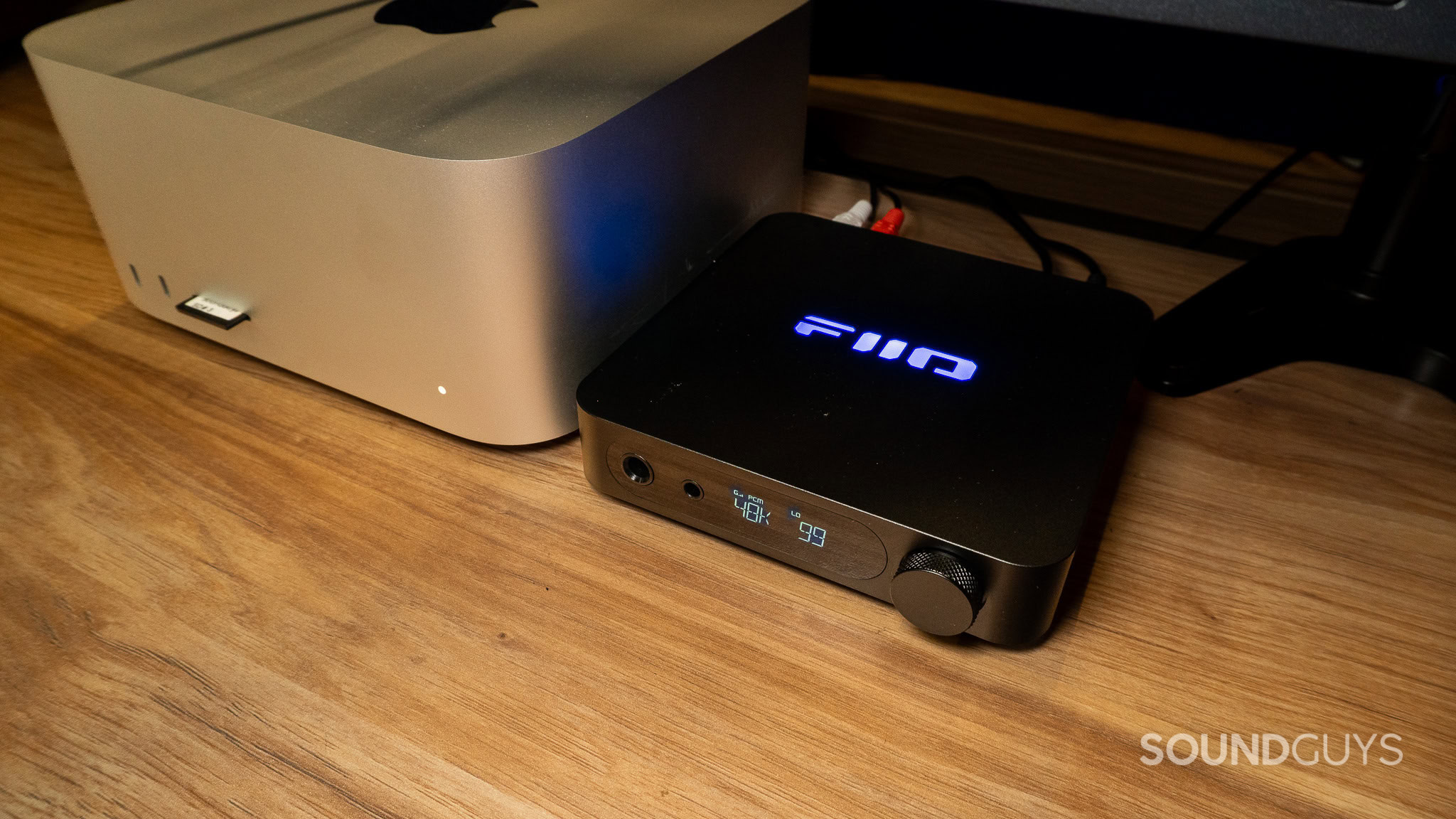All products featured are independently chosen by us. However, SoundGuys may receive a commission on orders placed through its retail links. See our ethics statement.


You don't need a massive desktop DAC to have good audio - Fiio K11 review
May 22, 2025


Fiio K11
Budget DACs have been getting better over the years. Fiio has also made it much cheaper to get into the audio hobby, with DACs like the K11. The K11 has 2 versions, and I’m only looking at the regular version. Not the R2R, which is a 2-resistor ladder DAC. If you want to spend over $100 to upgrade your setup, I would recommend buying a new pair of headphones or IEMs first. But if you’re getting bored of testing out headphones and earbuds and would like to upgrade your desktop listening experience, should you buy the Fiio K11?
This article was published on May 22, 2025, and this is the first version of the article. Updates will follow as the market changes.
What I like about the Fiio K11

The size of the K11 makes it easy to place on a desktop, even if said desktop is running out of space. It’s slightly larger than a Mac mini, making it a nice base for the Mac mini. It’s much smaller than the Mac Studio, but shares the same aesthetics, so you can put it on top without it looking completely out of place. At least that way, you can see the bright glowing blue LED that is the Fiio logo. I was glad to find out it’s not just a bright blue LED, it’s an RGB LED, so I promptly changed it to my favourite color.
There is a single knurled knob to the side of the LED menu. The knob works as a volume control and a menu selector. It is a stepped digital rotary control with a difficult-to-press button, a good thing as you won’t accidentally go into the menu when changing the volume. The rotary knob stepped adjustment has large weighty rounded bumps. It’s not completely centered on the unit we received, but it’s only noticeable on close inspection. The menu itself is pretty robust, from changing the filters and RGB brightness, to changing inputs if you have multiple device connections.
There’s a good amount of I/O on the Fiio K11. It can take optical, coaxial, or USB inputs. The USB doesn’t need any drivers or other software to install, since it uses the UAC(USB Audio Class) standard. You can plug it into most devices, including the Nintendo Switch, Windows 11 and 10, and even macOS. I only used the USB for testing at the default 16-bit at 48 kHz. In my testing experience, the sound coming from the outputs is good, there’s no noticeable coloration to the sound, and the sound is detailed and full. The 3 levels of gain allow me to use highly sensitive IEMs or drive power-hungry headphones. The line output is also great if you also plan on using speakers.
Both the 6.4mm and 4.4mm outputs on the Fiio K11 will output simultaneously, so it’s easy to swap between 2 different headphones or IEMs without constantly plugging and unplugging them. With a double press of the knob, you can then swap the output to the speakers, which is convenient.
What I don’t like about the Fiio K11

I’ll mention it again, by default, the RGB on the top is BRIGHT BLUE, which can get annoying! Granted it wasn’t on the brightest setting by default, but if the default is off, that would be great to me personally. To turn the LED off, I had to get into the menus, which isn’t the most intuitive. You will need the instructions if you’ve never handled any K11s. Changing the gain setting also means that you’ll have to go into the menu every time. Despite being a once-and-done for the most part, changing the gain is a 4-step operation. Press and hold, press again to toggle to the settings, and then turning the knob to select your option, only to press it again to confirm. I would prefer some way to change the gain much more easily, such as a switch, just like the much smaller Fiio E10K, or something as simple as a gain button would work.
One of the other gripes I do have is that to power the K11, it’s connected to a relatively small power brick. Though I understand that it would increase the size of the K11 itself if it were built into the chassis directly, this makes it a hassle to cable manage or travel with, as you can easily lose the power brick and cords.
Despite the build of the chassis being solid, the feet don’t have enough grip, and plugging in headphones can push the Fiio K11 back. To stop it from moving back, I tend to push down on the corner. The problem is, the feet are not directly near the corner of the chassis. This leads to the entire unit tilting upward. Including sticky feet as an option would be a great addition, and adjusting the feet closer to the corners without interfering with the floating look would help as well. I guess another option is to just weigh it down with something.
Should you buy the Fiio K11?

If you’re looking for a relatively powerful DAC/AMP with lots of input and output options, the Fiio K11 is a good pick. The similar design to Apple’s Mac lineup makes it easily blend in on my desk setup. It’s a good middle ground between the cheaper and minuscule Fiio E10K with fewer inputs and outputs, and the massive and much more expensive Fiio K9, with all the buttons and I/O you are likely to need for any situation.
Thank you for being part of our community. Read our Comment Policy before posting.
